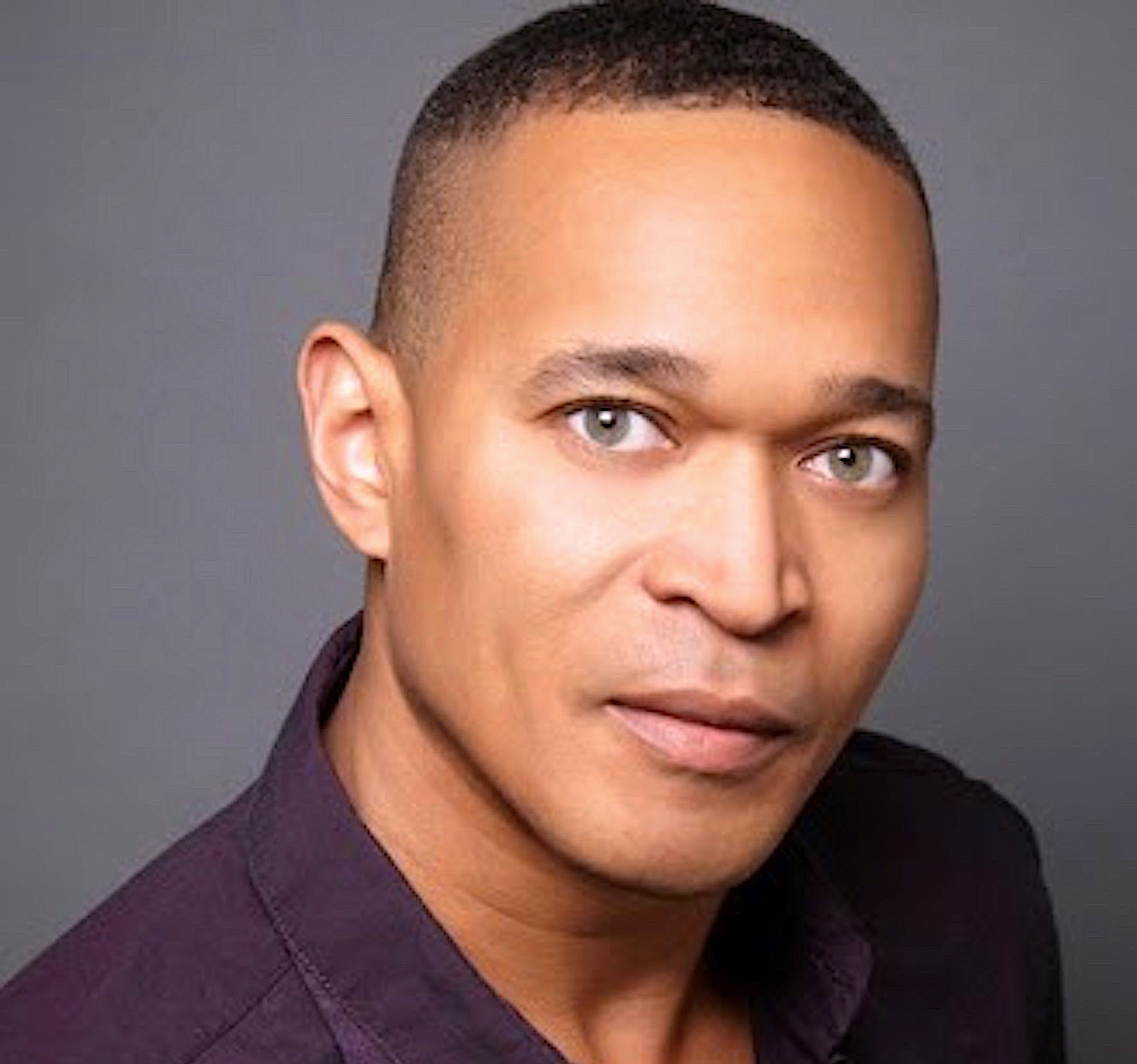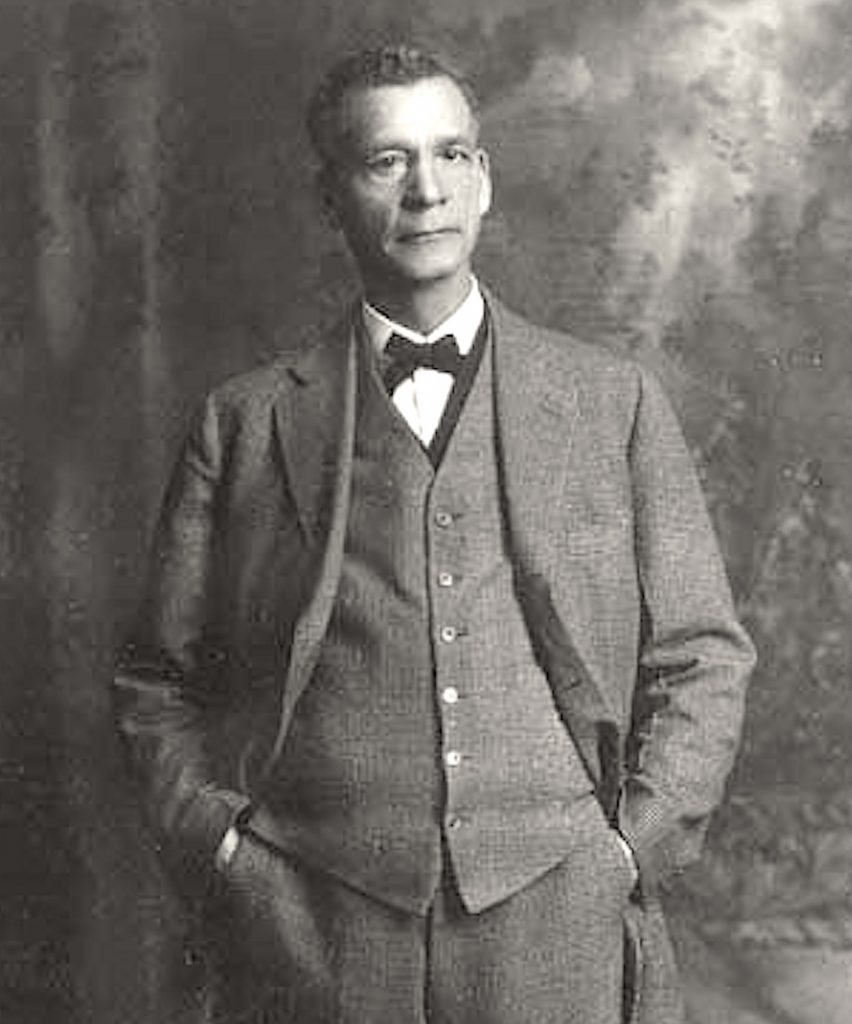Urban Kansas Citians sometimes forget that our town grew out of a fundamentally agrarian culture. An important part of that was livestock, as reflected in the founding of the American Royal in 1899, just a half-century after the incorporation of Kansas City, Missouri, itself.
Of equal importance was a deeply rooted equestrian culture that remains vibrant today. As the Royal celebrates its 125th anniversary this year, it has involved a wide array of businesses and organizations toward reminding us of the impact that farming, livestock, and horses have had on our city.
One of the bolder initiatives in this push is the Royal’s role as a co-sponsor of a new play by Michelle Tyrene Johnson, a nationally renowned playwright who grew up in Kansas City, Kansas.
Horse Power: Tom Bass’ American Story tells the story of a man whose role in our city’s history has been largely overlooked — in no small part because he was Black.
Tom was quite literally one of the co-founders of the Royal, but even those who know the name (because of the Royal’s warmup facility, the Tom Bass Arena) are hard-pressed to tell you exactly who he was.

Born into slavery in 1859 in Boone County, Missouri, Tom grew up to become one of the greatest Saddlebred horse trainers of all time. Michelle’s play focuses on Tom and his family and, like many of her plays, mixes the historical retelling with a present-day fictional element that helps us reflect on the relationship between past and present.
“It’s very much an ‘American story’ of how Black people in this country are at the forefront of building, at the forefront of creating, and at the forefront of innovating,” Michelle said recently, adding that these achievements are often then pushed aside in historical revisions.
One of her goals as a creator is to remind us of the continued importance of these contributions. “Black folks can physically build the White House,” she said, “but people still have problems with Black people being in the Oval Office.”
For its part, the Royal is taking an active role in embracing the importance of Tom Bass’ legacy. For it was Tom Bass and Loula Long Combs who joined forces to help bolster horse culture at the Royal, which was originally called the National Hereford Show and, during its early years, was largely devoted to livestock.
Along the way, Tom became one of the most celebrated horsemen in the world, training horses for Buffalo Bill Cody, President Theodore Roosevelt, Will Rogers, and Adolphus and August Busch.
He fashioned wildly creative horse shows that were seen by hundreds of thousands of admirers — including presidents and European royalty — and which were presented at the Chicago and St. Louis World’s Fairs.
“Everything we do at the Royal, whether it’s our competitive events or our classroom curriculum, is about engagement and education and entertainment centered on agriculture,” said Lindsey Patterson Smith, American Royal board of directors vice chairman and 125th Anniversary committee chair.
When the Royal recognized that the Coterie’s educational mission was squarely in line with its own, it eagerly came on board with the Tom Bass project. “It is a part of our story that we think is important,” Lindsey said, “but has been sort of lost to history.”
In fact, relatively few Missourians who are not directly involved with matters equestrian know much about Tom Bass: And it is both the Royal’s and the Coterie’s hope that this is about to change.
“I had never heard of Tom Bass,” said Michelle, an attorney and journalist who, in addition to having grown up in Kansas City, now lives just three miles from Churchill Downs in Louisville, Kentucky. “I was actually ticked off when I looked him up and said, How does everybody in Kansas City not know about this man? I mean, everybody’s heard of J.C. Nichols but we haven’t heard of Tom Bass? Please!”
Conversely, the Coterie hopes that by using theater to focus attention on a figure such as Tom Bass, it can help more Kansas Citians, and particularly youngsters, feel involved in the Royal and its activities.
In Michelle’s play, Natalia (“Nate”) Edmonds is a young Black girl who has brought her prize horse (which she has named Miss Rex after Tom’s own champion Saddle Mare) to a show in which few Black equestrians are taking part.
Nate has difficulty being accepted as an equal, in much the same way that Tom himself did more than a century ago.
“This is how Michelle works,” said Khalia Davis, who happily took up this project when she became the Coterie’s new producing artistic director in February. “She takes historical facts and events and parallels them with things of today — so that we don’t fall into the trap of ‘Oh well, that happened back then, long ago, but it doesn’t happen anymore.’ ”
Khalia has high praise for Michelle’s meticulous research, and for the social responsibility with which the playwright treats historical details in her art. “She has a wonderful way of making her content relatable to all audiences: She doesn’t sugar-coat, she doesn’t soften or make things pretty or nice. … But she tells stories in a way that the audience, and especially young people, can handle.”
Michelle brings a full complement of skills as journalist, reporter, storyteller, and legal mind to her plays.
“I approach it from the viewpoint of a researcher-historian. Before I have written a word, I find out as much as I can about the person or the event. … Then and only then do I say: Okay, what story can I tell that allows me to take the factual, historical things that resonated with me and bring them to life?”

Her goals here align with the Coterie’s and with the Royal’s: To tell truth through art. “People love to put bigotry in the past,” Michelle said. “They look at it like it’s an old thing. … I want my plays to say: This isn’t about generations past, this is about people dealing with different versions of the same thing, then and now.”
Horse Power: Tom Bass’ American Story runs at The Coterie Theatre from September 11th through October 6th. Call 816-474-6552 or go to thecoterie.org. It stars Amari Lewis as “Nate” Edmonds, L. Roi Hawkins as Tom Bass, Paulette Dawn as Angie Bass, Joseph Serrano as Sherman Hodak, Terrace Wyatt Jr. as Inman Bass, Erik J. Pratt as Caleb McCall, and Ann Zarate as Rita Hunter. Teresa Leggard directs the production, which is also a collaboration with What If Puppets.
—By Paul Horsley
To reach Paul Horsley, performing arts editor, send an email to paul@kcindependent.com or find him on Facebook (paul.horsley.501) or Twitter/Instagram (@phorsleycritic).





